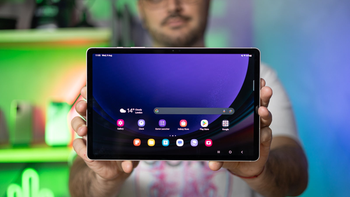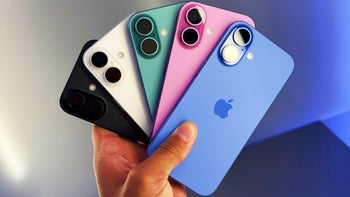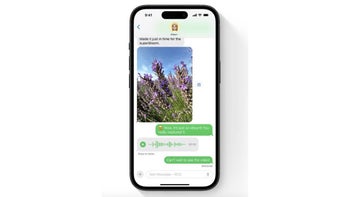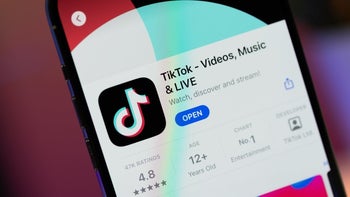Is the iPhone 16 ban in Indonesia finally coming to an end?

The long ban on the iPhone 16 in Indonesia may be nearing its end, according to a report from Bloomberg.
Weeks after the iPhone 16 series was introduced, in October 2024, Indonesia banned their sales, leaving Apple fans in the country without the new shiny iPhone. The ban was imposed because of Indonesia's laws about locally sourced components, and because Apple had reportedly fallen short of its investment commitments.
Then, a long negotiation followed between representatives from Apple and the Indonesian government. And now, the two sides may have reached a solution. Bloomberg's report doesn't indicate any specific details about the deal with Apple, but Indonesian Investment Minister Rosan Roeslani said that a conclusion is in sight.
Reportedly, Indonesia requires firms to make 35 to 40% of their device components in the country, which obviously could be a high bar to reach (especially for companies like Apple, which has established supply chains in other countries). Previously, the country allowed for exceptions thanks to which iPhones were available for sale there.
To improve the situation and hopefully lift the ban, Apple offered to invest $1 billion in a facility that would make AirTags, but the offer was subsequently rejected given that AirTags have no direct relation to iPhone components.
Bloomberg's interview with Investment Minister Rosan Roeslani did not unveil specific details of any offer or deal, but it seems a solution may be coming. Roeslani told the publication that hopefully the issue would be resolved in 1-2 weeks, without giving other details.
Meanwhile, Apple competitors may be eyeing to take advantage of the situation and expand their reach in the country. For example, Honor is working on expanding greatly in Indonesia, planning to introduce over 30 products this year. The country has a growing economy and around 280 million population, so it's not a small market at all, and Apple's efforts to fix the ban seem to be proving the growing market's importance.
Weeks after the iPhone 16 series was introduced, in October 2024, Indonesia banned their sales, leaving Apple fans in the country without the new shiny iPhone. The ban was imposed because of Indonesia's laws about locally sourced components, and because Apple had reportedly fallen short of its investment commitments.
Reportedly, Indonesia requires firms to make 35 to 40% of their device components in the country, which obviously could be a high bar to reach (especially for companies like Apple, which has established supply chains in other countries). Previously, the country allowed for exceptions thanks to which iPhones were available for sale there.
According to reports, Apple would have been able to benefit from these exceptions if it invested in Indoneisa in other ways. However, the Cupertino giant is said to have only invested $95 million while reportedly promising $110 million.
To improve the situation and hopefully lift the ban, Apple offered to invest $1 billion in a facility that would make AirTags, but the offer was subsequently rejected given that AirTags have no direct relation to iPhone components.
Bloomberg's interview with Investment Minister Rosan Roeslani did not unveil specific details of any offer or deal, but it seems a solution may be coming. Roeslani told the publication that hopefully the issue would be resolved in 1-2 weeks, without giving other details.
Meanwhile, Apple competitors may be eyeing to take advantage of the situation and expand their reach in the country. For example, Honor is working on expanding greatly in Indonesia, planning to introduce over 30 products this year. The country has a growing economy and around 280 million population, so it's not a small market at all, and Apple's efforts to fix the ban seem to be proving the growing market's importance.










![Some T-Mobile customers can track real-time location of other users and random kids without permission [UPDATED]](https://m-cdn.phonearena.com/images/article/169135-wide-two_350/Some-T-Mobile-customers-can-track-real-time-location-of-other-users-and-random-kids-without-permission-UPDATED.jpg)


Things that are NOT allowed: